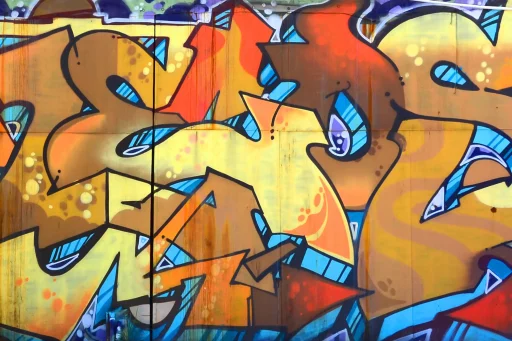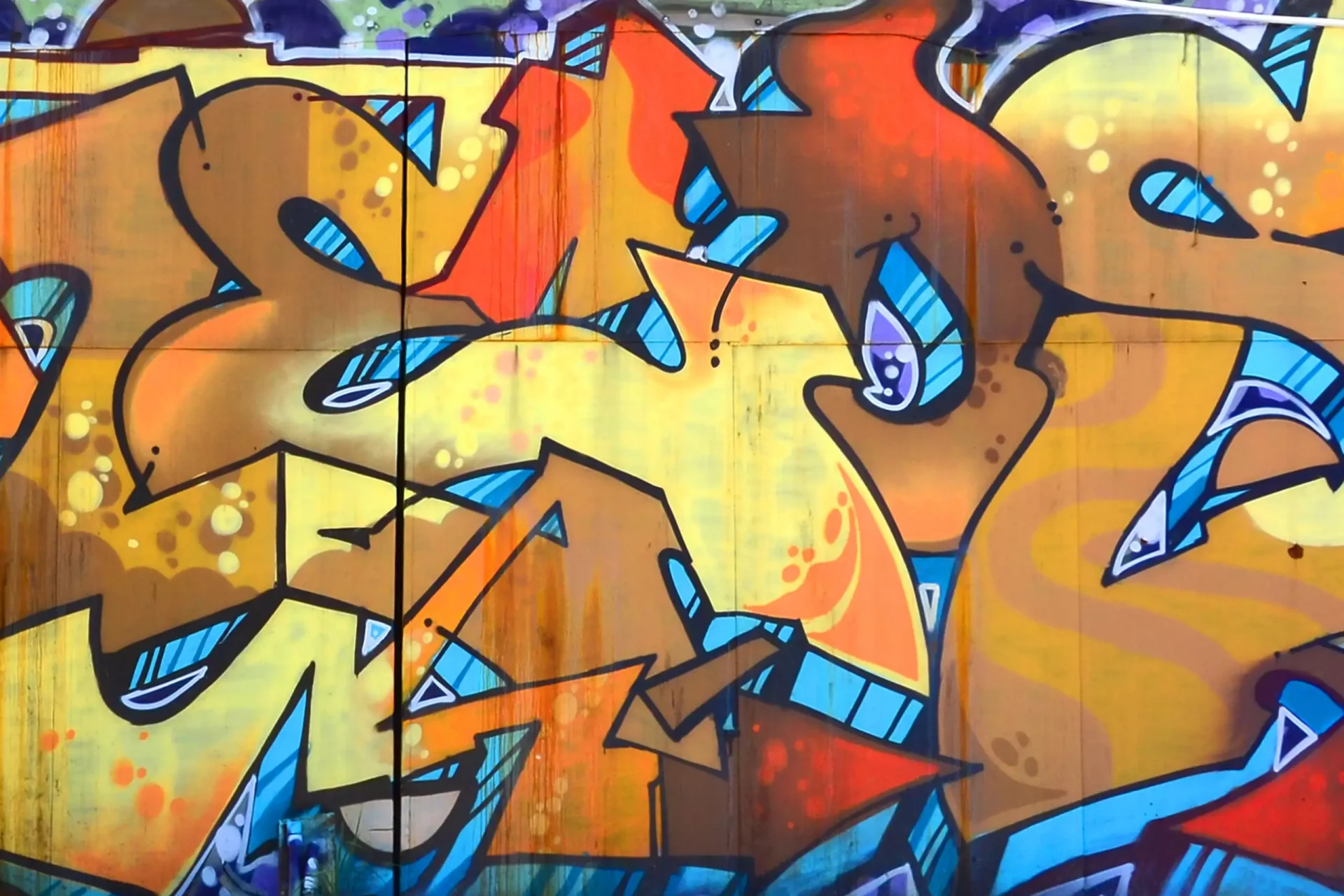Introduction
Jamaican Patois has a rich cultural history and vibrant expressions, especially when it comes to referring to friends and companions. Among the many words used in everyday conversations, terms like ‘bredren’ and ‘sistren’ shine particularly bright when referring to friends. In this article, we explore these slangs, how they are used, and what they truly mean within the Jamaican cultural context.
Understanding Jamaican Patois
Jamaican Patois, also known as Jamaican Creole, is an English-based creole language that evolved during the colonization of Jamaica. Blending English with West African languages, Spanish, and Arawakan influences, Patois has unique phrases and colloquialisms that provide a lens into Jamaican culture.
‘Bredren’ and ‘Sistren’
In Jamaican slang, the term ‘bredren’ is often used to refer to a male friend, akin to calling someone ‘bro’ or ‘dude’ in English. Similarly, ‘sistren’ is the female equivalent, used not only for friends but also signaling a bond or sisterhood among women.
- ‘Bredren’: A friend, buddy, or brotherly figure.
- ‘Sistren’: A close female friend or sisterly figure.
Both terms can translate to broader meanings beyond mere friendship, implying trust, camaraderie, and mutual respect.
Case Study: Usage in Everyday Life
To provide insight into how ‘bredren’ and ‘sistren’ are used in daily conversations, we can look at interactions within Jamaican communities. For instance:
- When a man says, “Mi a link mi bredren later” (I’m going to meet my bro later), it implies a casual meeting between friends.
- When a woman exclaims, “Sistren, yuh look good today!” (Sister, you look good today!), it showcases the affectionate bond among female friends.
These examples highlight not only the friendship aspect but also reflect the supportive culture embedded in the Patois language.
Statistics on Language Usage
According to a recent survey by the Jamaica Observer, around 80% of Jamaicans use Patois in their daily conversations, demonstrating its prevalence and importance in the country’s social fabric. The study also revealed that:
- 95% of Jamaican youth are proud of their Patois heritage.
- 65% of Jamaicans believe Patois should be taught in schools alongside standard English.
Such statistics illustrate the cultural significance and growing appreciation for the Jamaican dialect and the terms that come with it.
Cultural Significance of ‘Bredren’ and ‘Sistren’
The terms ‘bredren’ and ‘sistren’ embody a sense of community prevalent within Jamaican society. They reflect the broader cultural values of respect, trust, and solidarity that Jamaicans share.
- In Jamaica, friendship isn’t just about companionship; it’s about loyalty and shared experiences.
- These terms are often used in music, particularly in reggae and dancehall, where themes of unity and friendship play a vital role.
- Social gatherings such as ‘block parties’ typically feature these terms as part of welcoming expressions, indicating acceptance within the group.
Such usages extend beyond the spoken word—‘bredren’ and ‘sistren’ can be commonly encountered in social media posts, music lyrics, and everyday interactions that highlight the relationships cherished in Jamaican culture.
Conclusion
In summary, understanding the Jamaican slang of ‘bredren’ and ‘sistren’ illustrates the depth of friendship in Jamaican culture. More than just words, they represent a social bond that enriches the community, fostering connections that transcend mere acquaintance. As Jamaica continues to thrive, so will its vibrant language, capturing the essence of its people through colloquial expressions and heartfelt connections.


